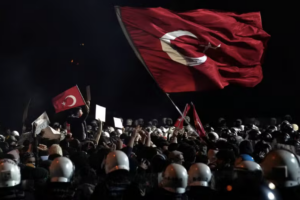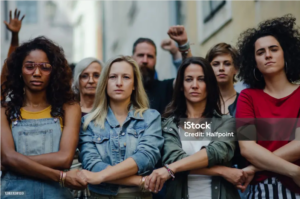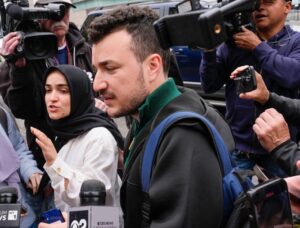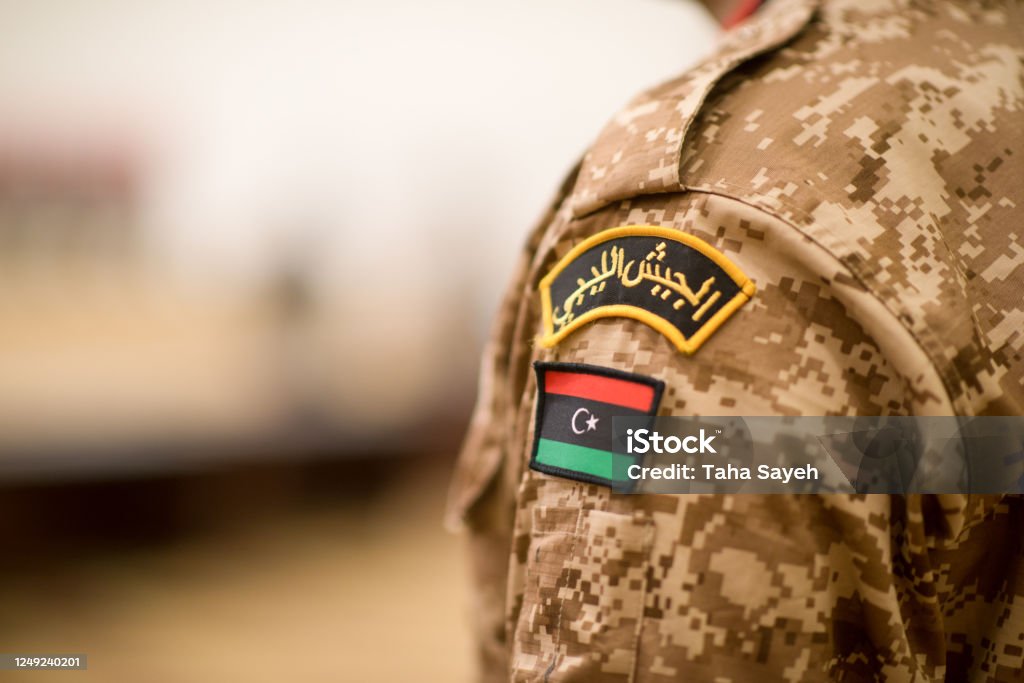Targeted arrests and systematic repression
According to UNSMIL, Libyan authorities are abusing their power to target individuals based on their presumed political affiliations. This strategy aims to restrict civic space and discourage any form of opposition. Among these condemned practices are forced confessions. They are often obtained under duress and publicly disseminated, further contributing to an atmosphere of terror.
One of the emblematic cases of this repression is the violent arrest of Judge Ali al-Charif in Tripoli on March 10. In Benghazi, lawyer Mounir al-Orfi has been arbitrarily detained since March 12, with no legal recourse available to him. Similarly, two military prosecutors, Mansour Daoub and Mohammed al-Mabrouk al-Kar, have been imprisoned since 2022 in Tripoli. No transparent judicial proceedings are initiated against them. These detainees are often deprived of legal assistance and essential medical care. Thus, worsening their detention conditions and violating their fundamental rights.
A call for justice and immediate release
In response to this situation, UNSMIL is calling for the immediate release of the detainees. Furthermore, it demands that those responsible for these human rights violations be prosecuted. The organization stresses that such practices undermine the rule of law and erode citizens’ trust in the security forces that are supposed to protect them.
Political context: a decade of chaos
Since the fall of Muammar Gaddafi in 2011, Libya has been mired in chronic instability, marked by the division of the country between two rival governments. In the west, the Government of National Unity (GNU), based in Tripoli, is recognized by the UN. In the east, the regime led by Khalifa Haftar and supported by the Libyan National Army (LNA) holds significant control. This political fragmentation fuels tensions and complicates international efforts to stabilize the situation. National elections, initially scheduled for 2021, have been indefinitely postponed, leaving the country in a prolonged institutional deadlock.
A worrying authoritarian drift
The arbitrary arrests denounced by the UN reflect an authoritarian drift that further jeopardizes any prospect of democratic transition in Libya. The international community is urged to step up its efforts to restore judicial independence and ensure the fundamental rights of Libyan citizens. Coordinated action is more necessary than ever to break this cycle of repression and restore hope for justice and stability to the Libyan people.










